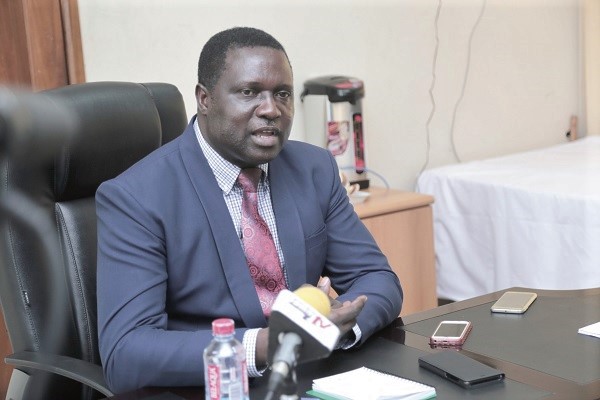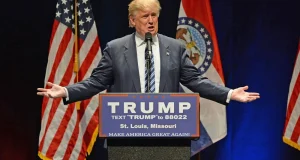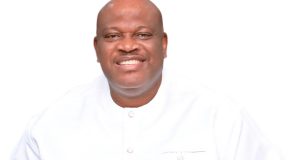
Government has committed to spending more than GHC1.5b to end the controversial Double-track system under the Free Senior High School programme by 2024.
This amount will be spent on infrastructure in senior high school across the country.
The double-track system was introduced following the Free SHS policy which resulted in a huge number of students enrollment.
Addressing a press conference on Sunday, June 7, 2021 in Accra, the Minister of Education, Dr. Yaw Osei Adutwum said government is on track to phase out the system.
“We are going to live within the President promise of between 5 and 7 years to eliminate double-track. The President has committed to that and he’s doing that. Talk about infrastructure, GHC1.5billion potentially available for school construction has seen buildings in schools across the country.”
Meanwhile, the Education Minister disclosed that the government will introduce a National Standardised Test for pupils at the basic level.
The object of the policy, he said, is in government’s quest to build a robust education system for the country.Dr. Adutwum said all primary four students in Ghana will be the first batch to undergo the just-introduced initiative.
He said the test does not only seek to improve learning outcomes but also reduce learning poverty across the country.
According to him, pupils waiting eleven years before they sit for their first national exams, Basic Education Certificate Examination (BECE), makes it too late to rectify the vast literacy poverty recorded yearly.
As such, periodic national exams on primary students will give the Ghana Education Service the amble time to intervene in the lives of the children.
“The World Bank talks about learning poverty, they say 53% of students in their 10th year of various countries cannot read for understanding and Ghana is not an exception.
“That is why the President says we need to transform the space, and transformation of the space means that all fourth graders this year are going to be tested across the lengths and breadths of this country.
“Every one of them [sits for this exams] so that we see the challenges that are confronting us as a nation, then we give them one year when they are in primary five to make the necessary interventions,” he said.
 Naagyei 90.3 Fm Agyapa
Naagyei 90.3 Fm Agyapa





